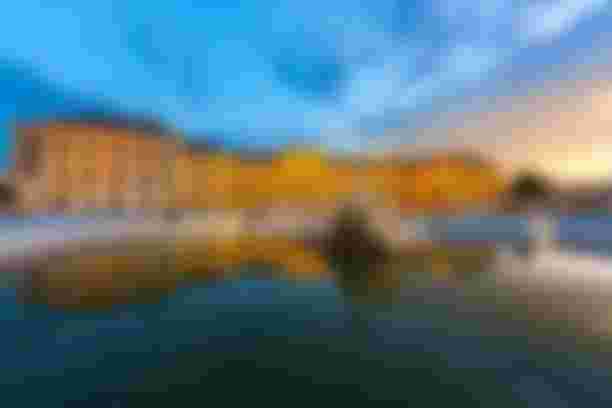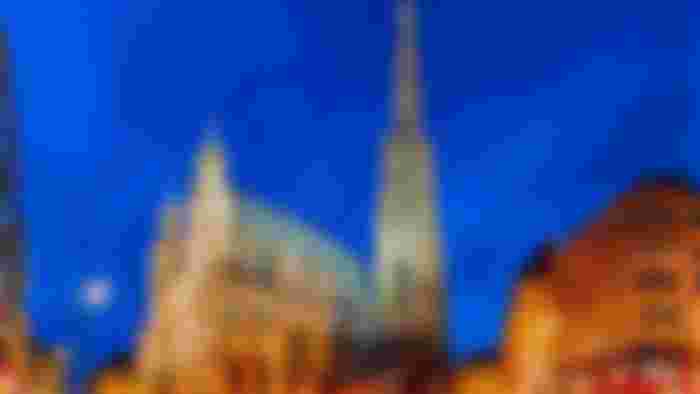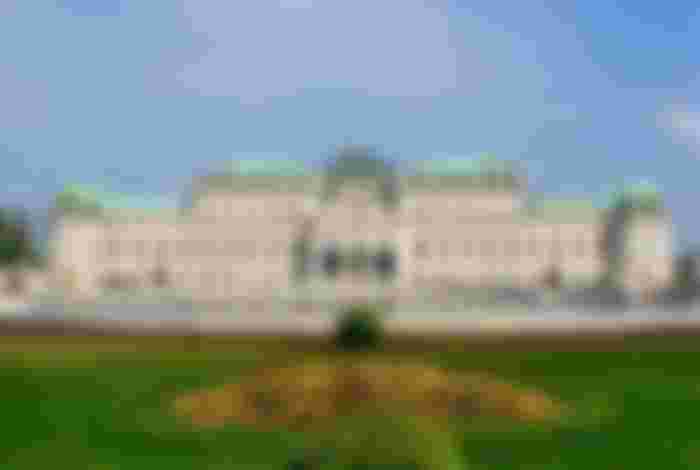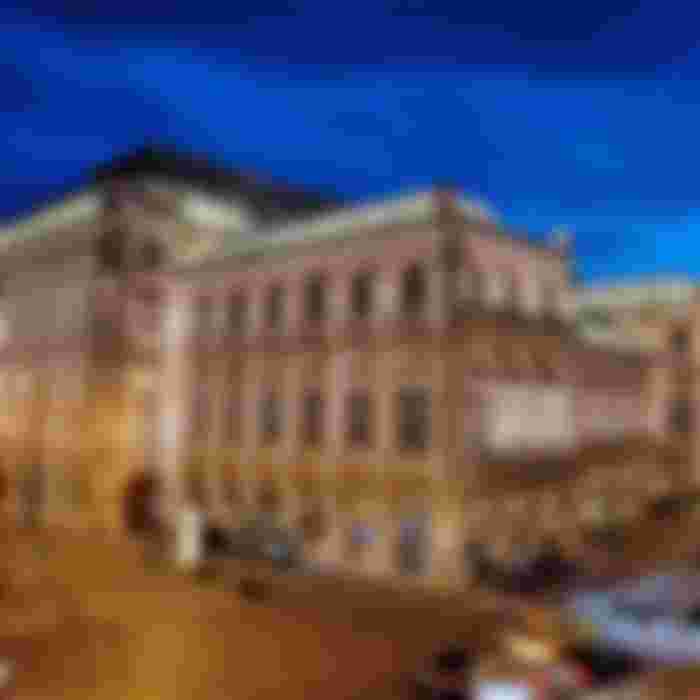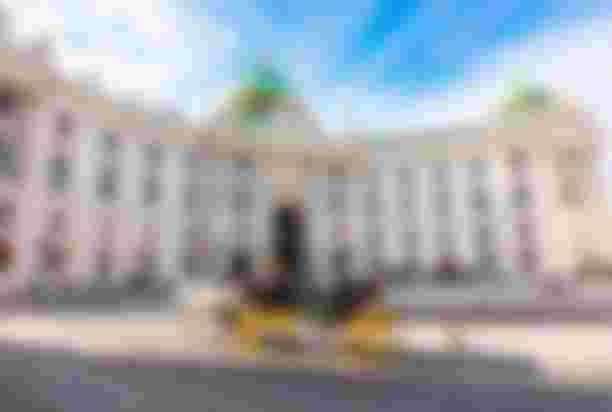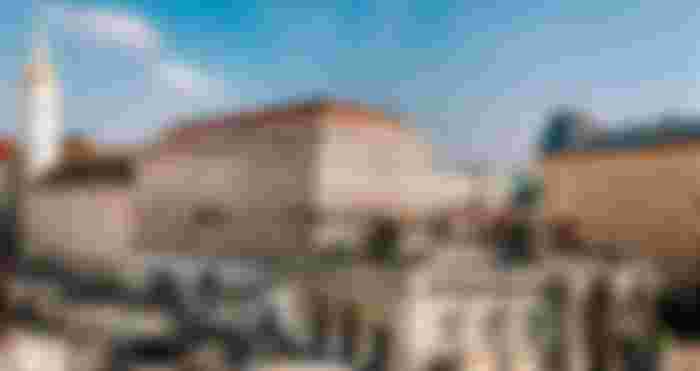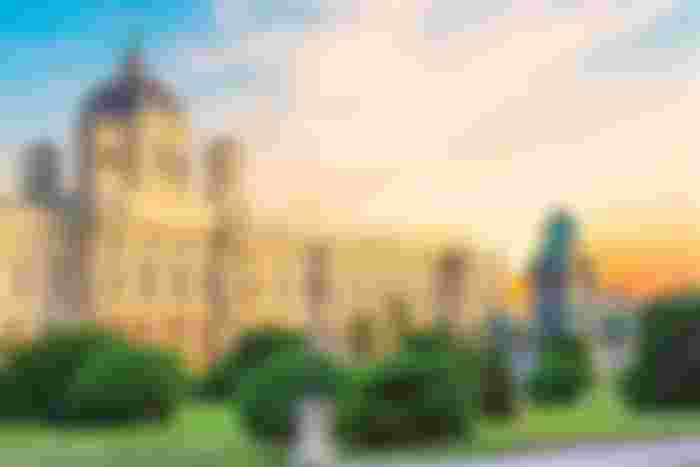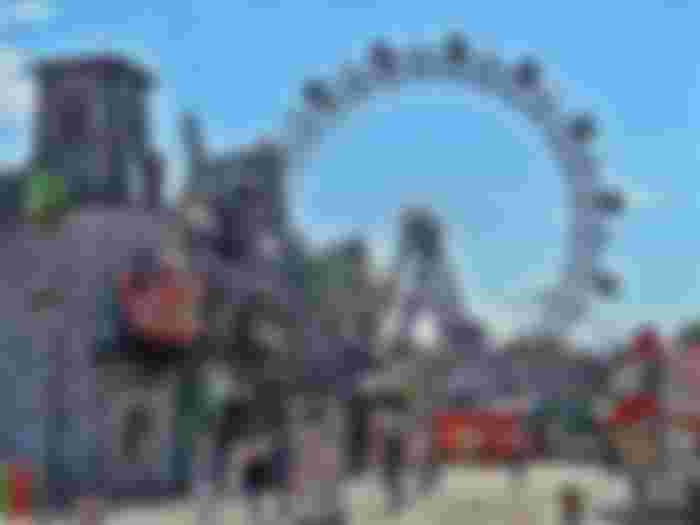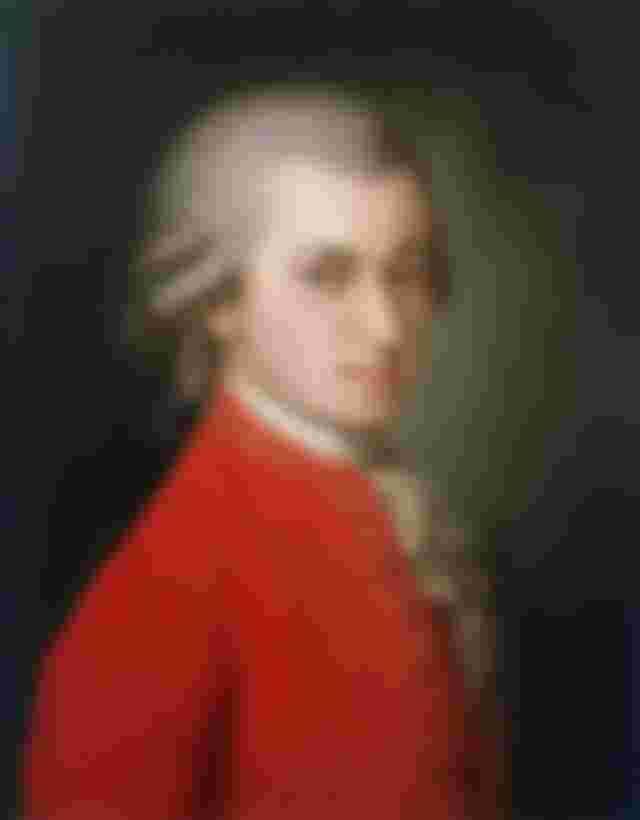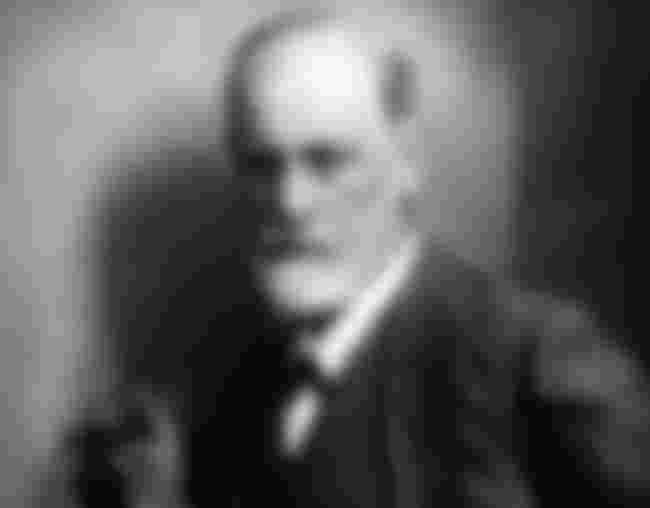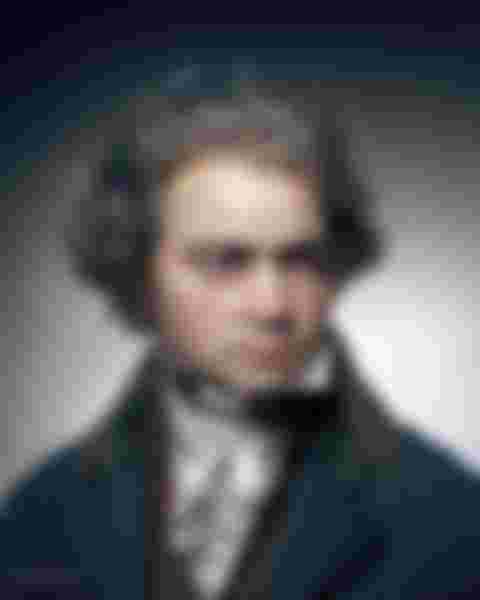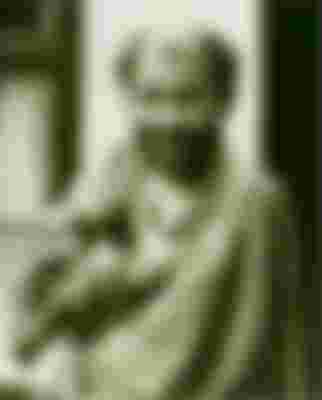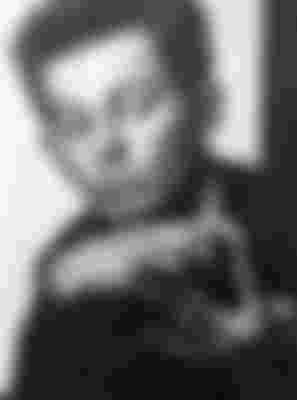Focus on a city : Vienna - Austria
Vienna is such a historic city known everywhere around the world for its art and culture. Here is an article that will help you to enjoy your trip in the capital of Austria.
Also, remember that I'm writing on Medium and that growing a huge community over there is very important for me. The name of my channel is "Clément Delabruyère" so please follow my channel.
Short presentation
Vienna, the capital of Austria, is a fascinating city that blends history with modernism. Covering an area of around 414 km², it is home to almost 1.9 million inhabitants. With its cobbled streets, Baroque palaces and prestigious museums, Vienna is a true cultural and architectural gem.
The city is divided into 23 districts, each offering its own unique charm and ambience. Vienna plays a major geopolitical role as the headquarters of numerous international organizations, including the International Atomic Energy Agency and the United Nations Industrial Development Organization.
Classical music has a special place in Vienna's history, having witnessed the birth of legendary composers such as Mozart, Beethoven and Strauss. Viennese waltzes and famous operas still thrill the city. Vienna is also renowned for its culinary tradition, with historic cafés offering delicious pastries such as sachertorte.
The Schönbrunn Palace, a former imperial residence, and St. Stephen's Cathedral, a Gothic icon, are among the iconic sites to visit. Well-tended gardens and abundant green spaces, notably Prater Park, add to Viennese quality of life.
Vienna stands out for its concern for sustainability and quality of life, regularly topping world rankings in this area. Its efficient public transport system and green initiatives are testimony to this commitment.
In short, Vienna embodies an enchanting blend of historical heritage, artistic creativity and contemporary progress, making it a city that captivates the hearts and minds of those who discover it.
Historical background
Vienna's history dates back to antiquity, when the Romans established a military camp on the banks of the Danube around the 1st century AD. This camp, called Vindobona, was the starting point for the city's development. Over the centuries, Vindobona flourished as a point of convergence for trade routes and cultures, benefiting from its strategic position at the crossroads of Central Europe.
In the Middle Ages, Vienna became an important political and cultural center under the Babenbergs, then the Habsburgs from the 13th century onwards. In 1440, Emperor Frederick III established the imperial residence in Vienna, laying the foundations for a long period of imperial grandeur.
The 16th century saw Vienna confronted with the challenges posed by the Ottoman wars, with the sieges of Vienna in 1529 and 1683. These sieges were crucial moments in the city's history, marking unsuccessful Ottoman attempts to conquer Central Europe.
In the 18th and 19th centuries, Vienna became the heart of the Austro-Hungarian Empire, a major power in Europe. During this period, the city became a center of classical music and art, home to such geniuses as Mozart, Beethoven and Schubert. Baroque architecture flourished, giving rise to iconic buildings such as Schönbrunn Palace.
The 20th century was marked by upheaval, including two world wars and the annexation of Austria by Nazi Germany in 1938. After the Second World War, Vienna was divided into four zones of occupation, reflecting the Cold War period.
After the end of the occupation in 1955, Vienna regained its status as Austrian capital and diplomatic center. It hosted international organizations such as the UN and OPEC, consolidating its position in world affairs.
Today, Vienna continues to shine as a cosmopolitan city, blending its historic heritage with a dynamic modernity. The city has preserved its rich past while looking to the future, making it one of Europe's leading cultural and intellectual destinations.
Must-see places
Schönbrunn Palace

This imperial palace and its magnificent gardens are a symbol of the opulence of the Austrian Empire. Don't miss a tour of the palace's sumptuous rooms and a stroll through the well-kept gardens.
St. Stephen's Cathedral

This iconic Gothic cathedral dominates downtown Vienna. Its elaborate architecture and impressive spire make it a must-see.
Belvedere

This Baroque complex comprises two palaces and superb gardens. It houses a remarkable collection of Austrian art, including works by Gustav Klimt, notably "The Kiss".
Vienna State Opera

World-renowned for its superb acoustics and artistic performances, the opera house is an iconic venue for classical music lovers.
Hofburg

A former imperial palace, the Hofburg today houses several museums and institutions, including the Austrian National Library and the Sissi Museum.
Albertina

This museum houses an exceptional collection of graphic art, including drawings, engravings and prints by masters such as Michelangelo, Rembrandt and Dürer.
The Museum of Art History and the Museum of Natural History

These two museums are located side by side and offer impressive collections of art and natural history.
The Prater

This city park is home to the famous Wiener Riesenrad, Vienna's iconic Ferris wheel, as well as numerous attractions, restaurants and green spaces.
These venues represent just a fraction of what Vienna has to offer in terms of culture, history and entertainment. The city is full of treasures to explore, and each corner offers a unique and enriching experience for visitors.
Celebrities linked to Vienna
Wolfgang Amadeus Mozart (1756-1791)

An Austrian composer prodigy, Mozart is one of the most influential figures in classical music. He composed over 600 works, including operas, symphonies and concertos, making a profound impact on the European musical landscape.
Sigmund Freud (1856-1939)

The father of psychoanalysis, Freud revolutionized our understanding of human psychology. His theories on the unconscious, the Oedipus complex and the role of dreams left a lasting imprint on the human sciences.
Ludwig van Beethoven (1770-1827)
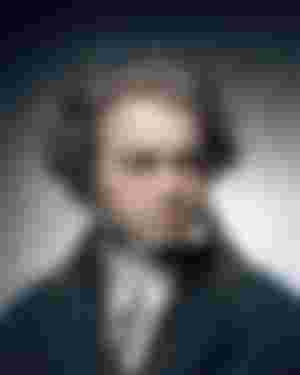
German composer and pianist, although born in Bonn, Beethoven spent much of his life in Vienna. He is famous for his transition from Classicism to Romanticism, with emblematic works such as his 9th Symphony.
Gustav Klimt (1862-1918)
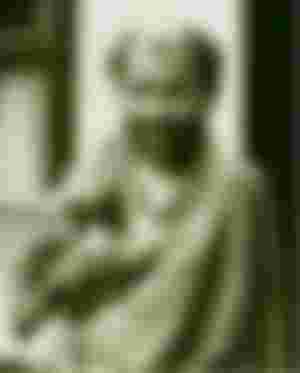
Austrian Symbolist painter and leading figure of the Vienna Secession, Klimt is known for his ornate portraits and bold works, including "The Kiss". He helped shape Art Nouveau and Modernism.
Egon Schiele (1890-1918)
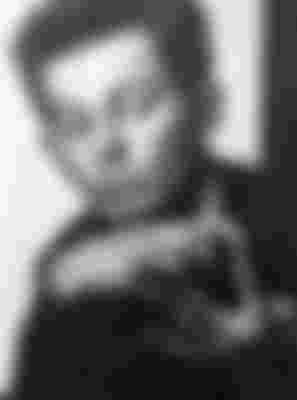
An Austrian Expressionist artist, Schiele was renowned for his provocative portraits and bold artistic vision. His unique style left a lasting imprint on 20th-century art, despite his untimely death at the age of 28.
These five figures left a significant mark on the history of art, music, psychology and culture in Vienna and around the world.
In order to conclude, if you have any ideas for improving this type of article (adding a section, for example), please let me know in the comments. Also, if there's a place in the world that you particularly like and would like me to write another article about, I invite you to submit your ideas too.
If you enjoyed reading please follow me and put a like, thank you !
